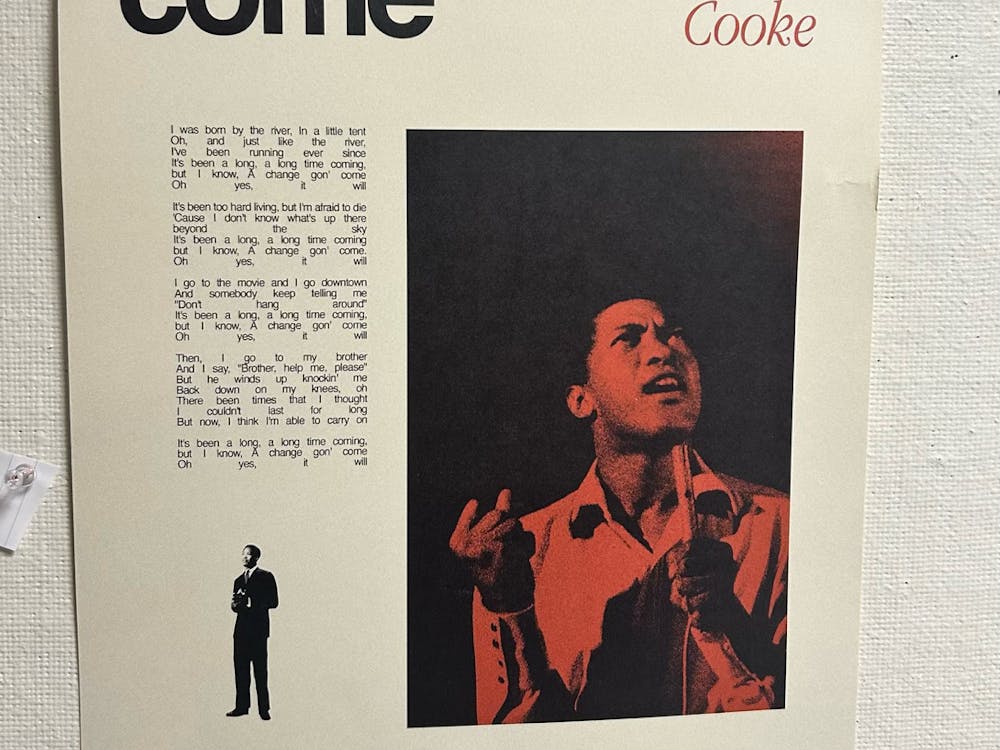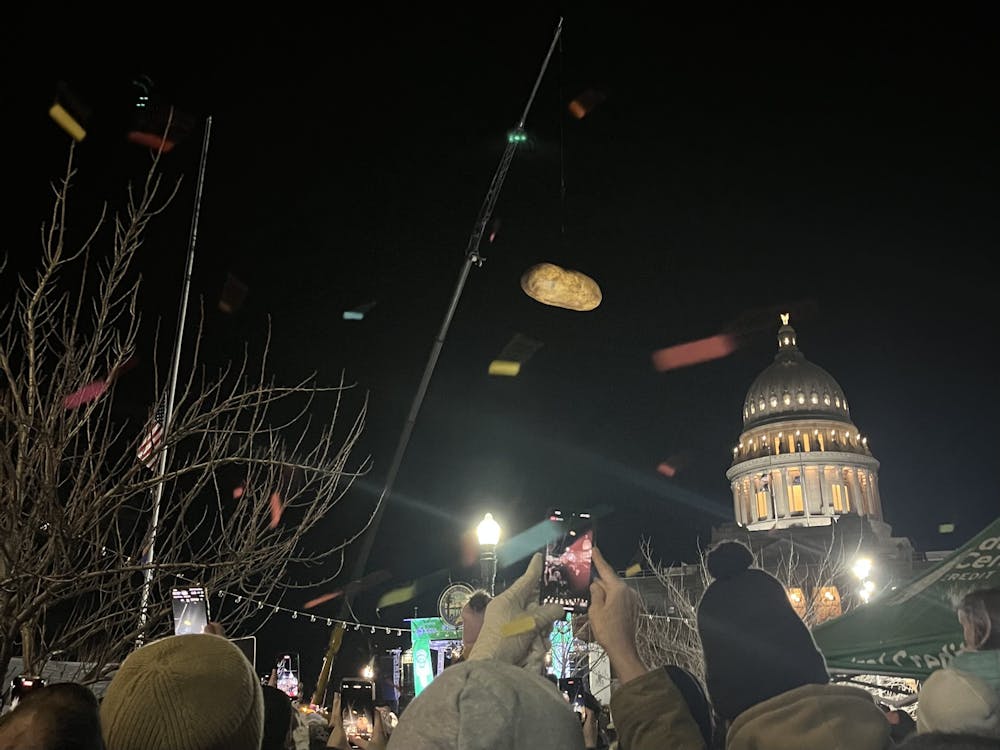Was it a week or two into Hopkins? It was just another day when the bustling noise of people packing up their bags was subtly pressuring the TA to dismiss the section. In between the hustles were warm exchanges of “great work” and “good job” amongst groups. I opened my mouth to join in on the formality — when I realized that no English word could be a medium for the 수고했어 (“sugohaesseo”) I wanted to convey. When entered in Google Translate, “수고했어” is translated as "great job," but this does not hold the same connotation. By acknowledging the effort regardless of the result, 수고했어 conveys a sense of camaraderie and thus is commonly used in both professional and casual contexts. There was simply no English word that touched on this base, and I uncomfortably stooped to reciprocate “great work!” as I packed my bag.
Little did I know that what I had crashed into was only the tip of the iceberg. Languages are a double-edged sword, enabling communication but also miscommunication. Another day presented another realization of how I was being misunderstood — or perhaps semi-understood.
I had never realized Korean had so many English loanwords. These wicked tweaks in English words did me such a disservice. Since when was sunscreen, not sun-cream (선크림), comedian not gag-man (개그맨), and wake-up call, not morning call (모닝콜)? No, I didn’t mean idol (아이돌) in a religious manner. Please, I swear mania (마니아) does not have a negative connotation in Korea. Sorry, I meant nerdy (너드미) in a good way. Ah, guys, believe it or not, I can be funnier in Korean.
These minor inconveniences transformed into frustration, leaving me with a lingering need to explain myself. Nonetheless, it was easy to brush it off as, with time, I was able to equip myself with a new set of vocabulary that could reasonably replace my go-to Korean phrases. It finally felt as if my language plainfield had leveled.
Yet, as Korean songs in my Spotify playlist decreased, I started speaking to myself in English more than Korean and I lost a grasp of Korean slang, my bilingual seesaw started tilting the other way. I started noticing English words that were untranslatable in Korean.

COURTESY OF MELODY (YE EUN) CHA
Was it a week or two into winter break? I was back in Korea. I was trying to explain to my dad a documentary on the importance of vulnerability by Brené Brown. “Ah, no, it is not quite 연약함 (yeonyakham/weakness). In fact, it’s more like bravery.” The confusion in his eyes penetrated mine, and I, uncomfortably, or perhaps willingly, resorted to giving my mom’s scrumptiously cooked bulgogi the attention it deserved. It was so good I almost forgot about vulnerability.
Yet, I had crashed into another iceberg. A realization dawned: I now stood at the intersection of two cultures, and neither could fully define me anymore. I cherished the camaraderie so deeply rooted in Korea, captured by the term “수고했어.” Yet, I was disheartened by the absence of vulnerability as a valued trait, where not a single word hinting at weakness carried a positive connotation. I loved parts of Korea and resented parts of it. I loved parts of the U.S. and resented parts of it. Was I trapped in an endless cycle of unfulfillment — never fully understood, fully expressed and truly belonging? I was everywhere and, thus, nowhere.
Was it six or seven weeks into the second semester? I was reading a book called “Lecture on Ethics” by Ludwig Wittgenstein for a class called Great Minds. It was through this book that I had an unexpected shift in my language paradigm. I had an ambivalent relationship with language since I thought of it as a mere tool for communication. However, reading the book, it occurred to me that language was more than a tool: it was the very lens through which we perceived and mapped out the world, molding what we could think, say and feel.
I realized that lying in the intersection and being confused and frustrated was an indication of how I was seeing the world through an extra lens, one that gave me insights beyond what any single culture could provide. Just as the word 수고했어 helped me notice the subtle value judgment embedded in English phrases like “great job” or “good work,” the word “vulnerability” offered a perspective on weakness that I never found in Korean.
The absence of translation for certain words no longer felt like a failure but instead like a microcosm of cultural differences. What had once been a source of confusion became an intriguing space where cultures left their traces. Words, idioms and phrases that didn’t neatly transfer between Korean and English revealed the distinct perspectives that each language offered.
From feeling perpetually unfulfilled to being overloaded with insights, I’ve taken my first step toward seeing how being an international student can be a strength. Every day is a balancing act between what I love and hate about both cultures, and I’m excited to embrace the fun. Whether it’s 수고했어 or great work, vulnerability or 연약함, I’m ready to meet these experiences with thrill and appreciation rather than annoyance and frustration. Here’s to more untranslatable words to come!
Melody (Ye Eun) Cha is a sophomore from Seoul, South Korea majoring in International Studies and Economics with a minor in Environmental Studies.





